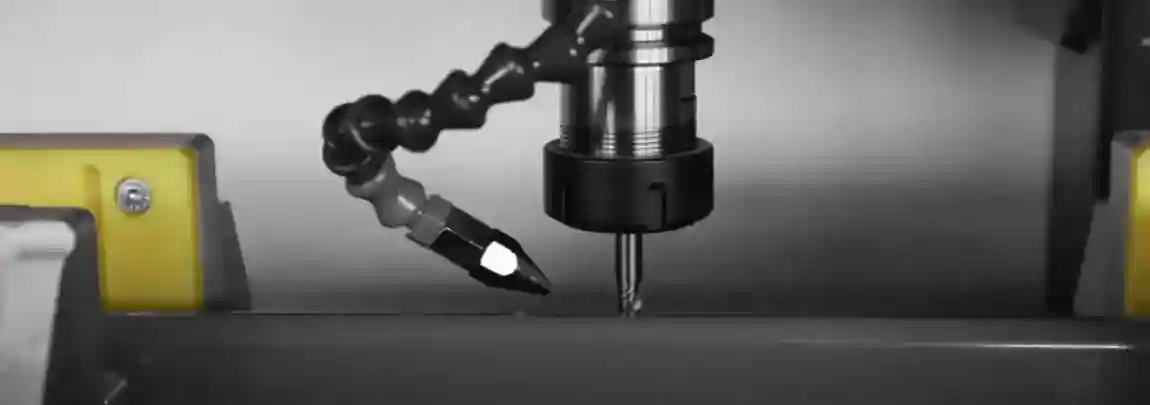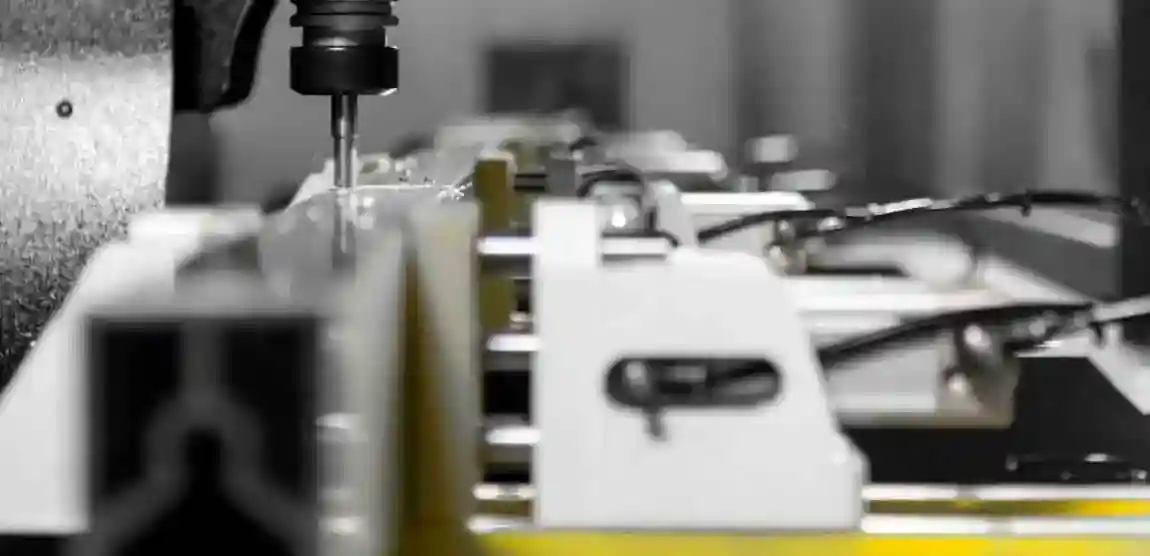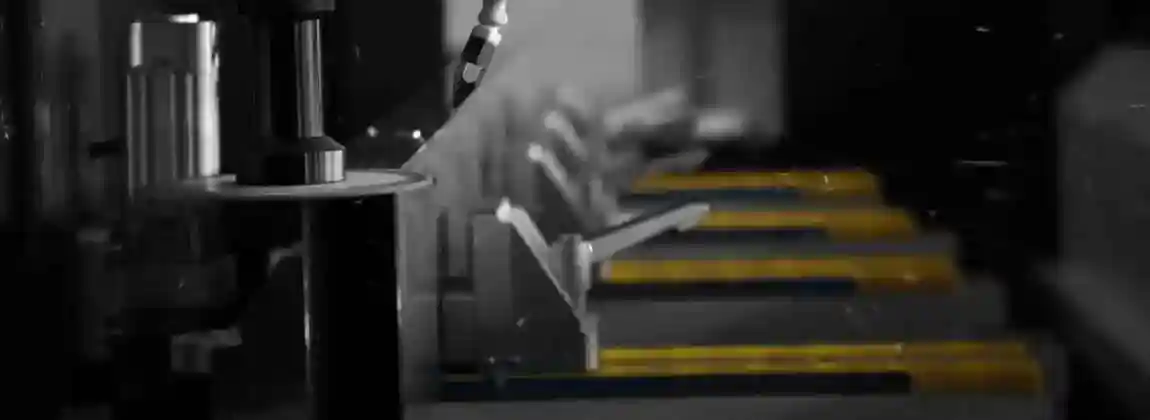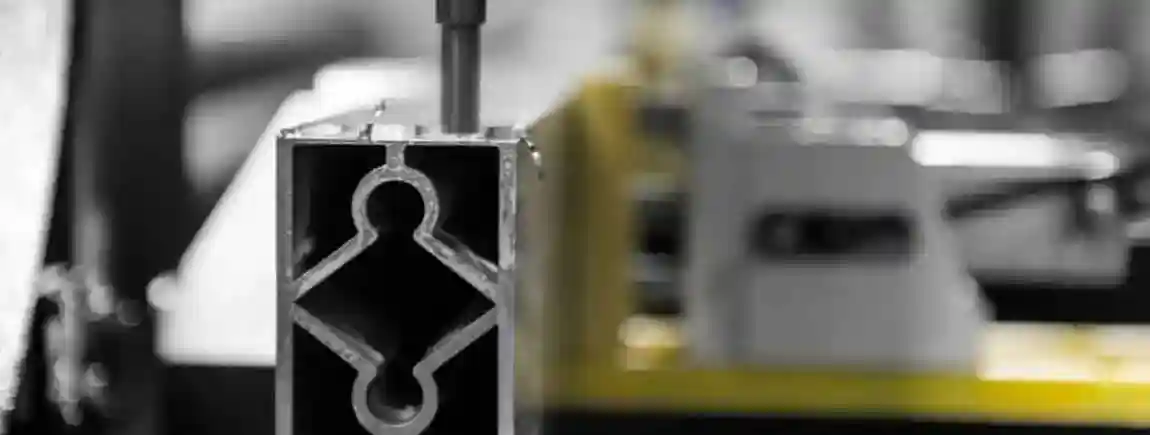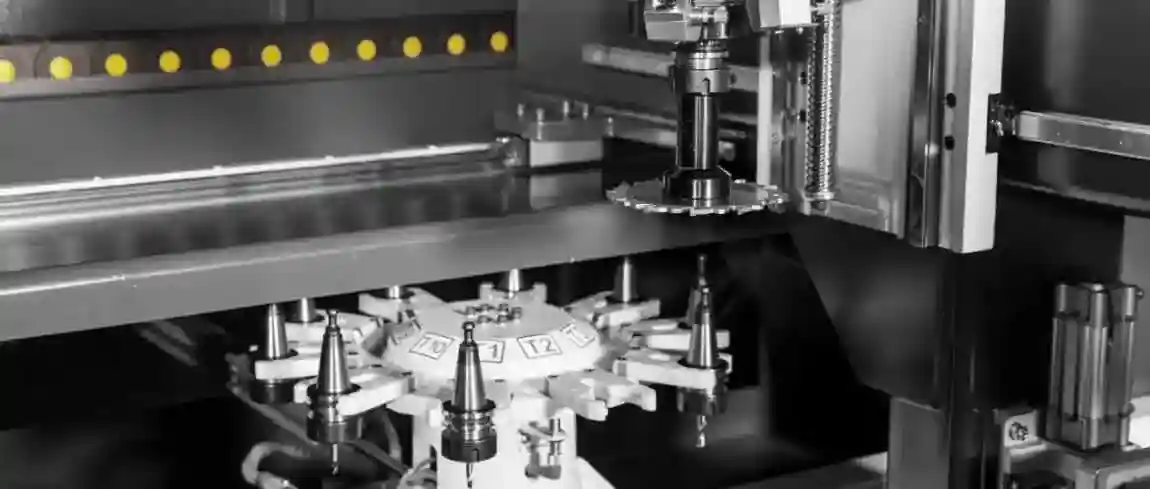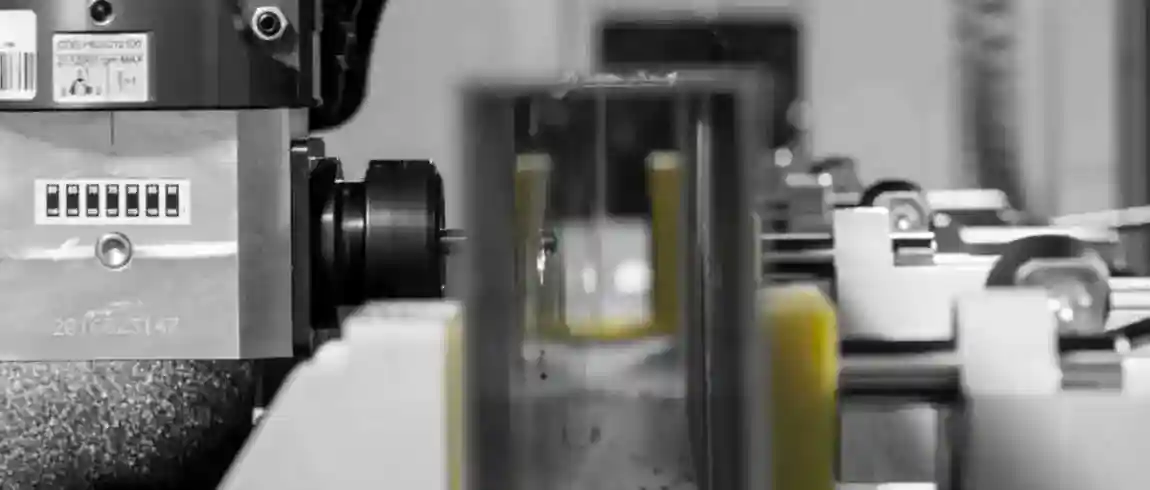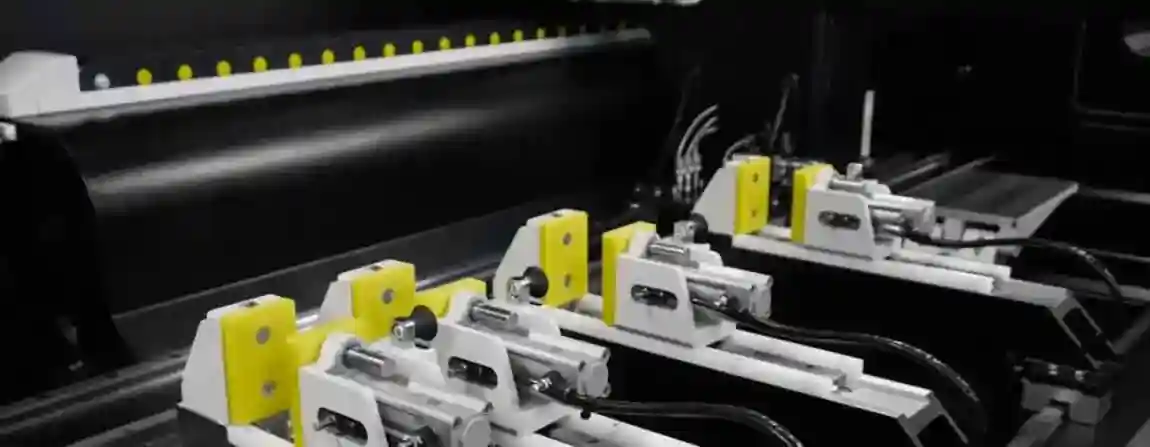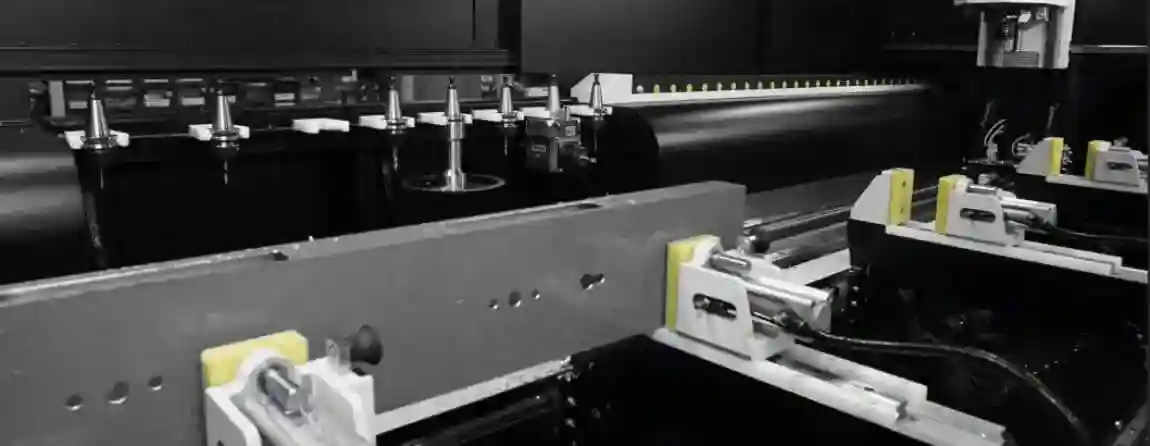-

Company
Product
ALUMINIUM MACHINES
PORTABLE MITER SAWS FOR ALUMINUM
PORTABLE COPY ROUTER MACHINES FOR ALUMINIUM
PORTABLE END MILLING MACHINES FOR ALUMINIUM
AUTOMATIC MITER SAWS FOR ALUMINIUM
COPY ROUTER MACHINES FOR ALUMINIUM
END MILLING MACHINES FOR ALUMINIUM
ALUMINUM CORNER CRIMPING MACHINE
DOUBLE MITRE SAWS FOR ALUMINIUM
AUTOMATIC SAWS FOR ALUMINIUM
BAR PROCESSING CENTERS
MACHINING CENTERS FOR ALUMINIUM COMPOSITE PANELS
NOTCHING SAWS
WEDGE CUTTING SAWS AND NOTCH CUTTING SAWS
MITER SAWS FOR ALUMINIUM
PVC PLASTIC MACHINES
PORTABLE MITER SAWS FOR PLASTIC
PORTABLE COPY ROUTER MACHINES FOR PLASTIC
PORTABLE END MILLING MACHINES FOR PLASTIC
MITER SAWS FOR PLASTIC
COPY ROUTERS FOR PLASTIC
END MILLING MACHINES FOR PLASTIC
WELDING MACHINES FOR PLASTIC
CORNER CLEANING MACHINES FOR PLASTIC PROFILES
DOUBLE MITRE SAWS FOR PLASTIC
BAR PROCESSING CENTERS
GLAZING BEAD SAWS
AUTOMATIC MITRE SAWS FOR PLASTIC
METAL MACHINES
MANUAL METAL SHEET BENDING MACHINE
MANUAL BENDING MACHINES
HYDRAULIC BENDING MACHINES
NON MANDREL BENDERS
PLATE BENDING MACHINES
BORDERING AND TRIMMING MACHINES
HORIZONTAL PRESSES
BELT GRINDING MACHINES
PIPE NOTCHING MACHINES
PIPE POLISHING MACHINES
LASER CUTTING MACHINES
PRESS BRAKES
VERTICAL TURNING CENTERS
MACHINING CENTERS
WOOD MACHINES
GLASS MACHINES
ROBOTICS SPECIAL MACHINERY
Service
Blog
Contact
Blog
- Home
- Blog
- WINDOW MANUFACTURING MACHINES
- WINDOW FABRICATION MACHINE
WINDOW FABRICATION MACHINE
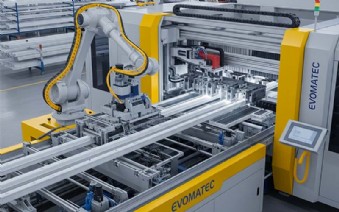
Window Fabrication Machine – The Complete Guide to Modern Window Production
Introduction
Windows are central components in modern architecture. They define the appearance of a building, regulate light entry, improve energy efficiency, ensure soundproofing, and contribute to safety. To meet these demands, today’s manufacturers rely on advanced window fabrication machines.
A window fabrication machine integrates the latest technologies for profile processing, cutting, welding, assembly, and glazing. It allows windows to be produced with maximum precision, efficiency, and in large volumes – suitable for both small workshops and industrial-scale production lines.
What Is a Window Fabrication Machine?
A window fabrication machine is an industrial system that combines all steps of window production, including:
-
Profile cutting (PVC,uPVC,aluminium,wood-aluminium)
-
CNC-controlled machining (drilling, milling, grooving, engraving)
-
Welding or corner crimping
-
Weld seam cleaning and finishing
-
Assembly of hardware, reinforcements, and seals
-
Automated glazing
-
Packaging and labeling for logistics
Workflow with a Window Fabrication Machine
1. Profile Cutting
Automatic saws cut profiles with millimeter accuracy. Optimization software reduces material waste.
2. Profile Machining
Machining centers handle drilling, milling, and slotting. Cut-outs for handles, hinges, and locks are produced with CNC precision.
3. Frame and Sash Assembly
-
PVC profiles: joined with automatic welding machines.
-
Aluminium profiles: fixed with corner crimping presses.
4. Finishing
Automatic weld seam cleaners remove burrs and residues, ensuring smooth surfaces.
5. Assembly
Seals, hardware, and reinforcements are inserted automatically. Robots handle repetitive tasks.
6. Glazing
Glass panes are precisely placed and secured with automatic vacuum lifters.
7. Quality Inspection
Sensors and cameras check dimensions, surface quality, and airtightness.
8. Packaging
Automatic packaging units protect finished windows and prepare them for transport.
Advantages of Modern Window Fabrication Machines
-
Precision: accurate manufacturing even for complex designs
-
Consistent quality: uniform standards across large volumes
-
Efficiency: multiple processes in one cycle
-
Flexibility: compatible with PVC,uPVC,aluminium,wood-aluminium
-
Productivity: significantly higher output compared to manual production
-
Safety: protective systems, extraction units, and emergency stops
-
Sustainability: energy-efficient drives, recycling of leftover material
-
Cost savings: reduced scrap and lower labor costs
The Future of Window Fabrication Machines
The industry is moving towards Industry 4.0:
-
Smart factories with fully networked machines and real-time data
-
Artificial intelligence for automatic error detection
-
Digital twins for simulation and optimization
-
Robotic integration for loading and unloading
-
Energy monitoring for sustainable production
Planning and Investment
Before purchasing, manufacturers should consider:
-
Production volume per shift
-
Profile materials to be processed (PVC,uPVC,aluminium,wood-aluminium)
-
Required software interfaces (CAD/CAM, ERP)
-
Service, maintenance, and spare parts availability
-
Payback period (typically 2–5 years)
Frequently Asked Questions
Which window types can be manufactured?
PVC,uPVC,aluminium,wood-aluminium hybrid windows.
Are fabrication machines suitable for small businesses?
Yes – modular systems allow entry-level solutions for workshops.
What is the cost?
From around €60,000 for small systems to over €500,000 for fully automated lines.
Conclusion
The window fabrication machine is a key technology in today’s construction industry. It combines automation, precision, and efficiency, making it suitable for both small-scale and industrial production.
Companies investing in these systems secure higher competitiveness, cost efficiency, and long-term sustainability.
- window fabrication machine
- window fabrication machines
- window production machine
- window manufacturing machine
- window processing machine
- CNC window fabrication machine
- window profile fabrication machine
- window machining center
- window fabrication equipment
- window frame fabrication machine
- aluminium window fabrication machine
- PVC window fabrication machine
- uPVC window fabrication machine
- automatic window fabrication machine
- industrial window fabrication machine
- window fabrication line
- window assembly machine
- window glazing machine
- window production equipment
 GERMANY
GERMANY ENGLISH
ENGLISH FRANCE
FRANCE SPAIN
SPAIN PORTUGAL
PORTUGAL

